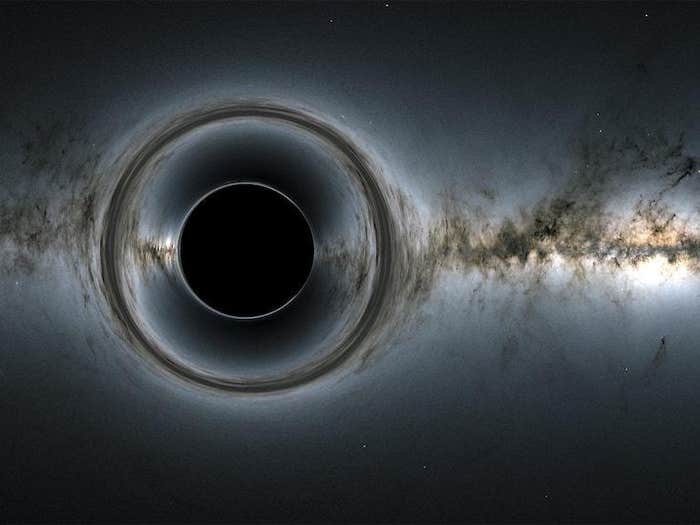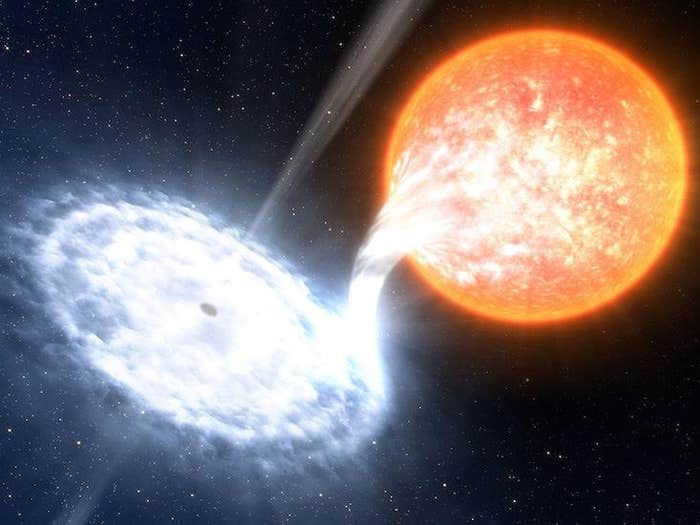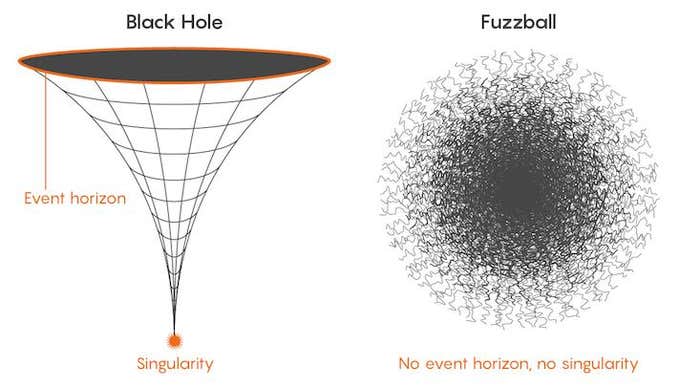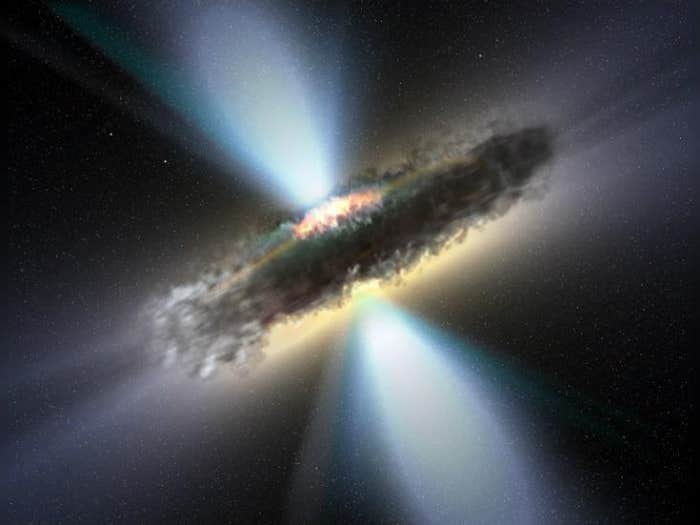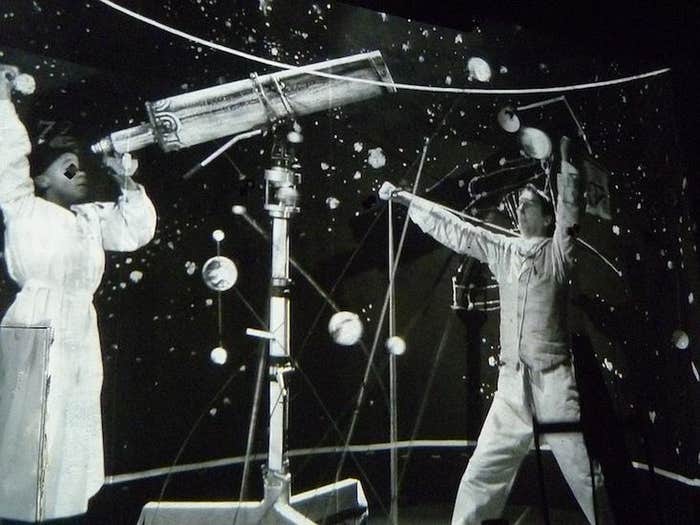Black holes
15 articles-
The Black Sheep of Black Holes
This potential member of the cosmic zoo may explain a lot about how the cosmos is structured. -
Think You Know the Definition of a Black Hole? Think Again
When I was 12, I made the mistake of watching the Paul W. S. Anderson horror film, Event Horizon. It gave me nightmares for weeks: The movie’s title refers to an experimental spaceship that could create artificial black holes through which to travel, making interstellar trips trivial. But the crew, upon activating the ship’s gravity […] -
How Supermassive Black Holes Were Discovered
Astronomers turned a fantastic concept into reality. -
The Strangeness of Black Holes
From quantum information to the Schwarzschild radius. -
Black Hole Firewalls Could Be Too Tepid to Burn
Reprinted with permission from Quanta Magazine‘s Abstractions blog. Nautilus Members enjoy an ad-free experience. Log in or Join now . Despite its ability to bend both minds and space, an Einsteinian black hole looks so simple a child could draw it. There’s a point in the center, a perfectly spherical boundary a bit farther out, and that’s […]
-
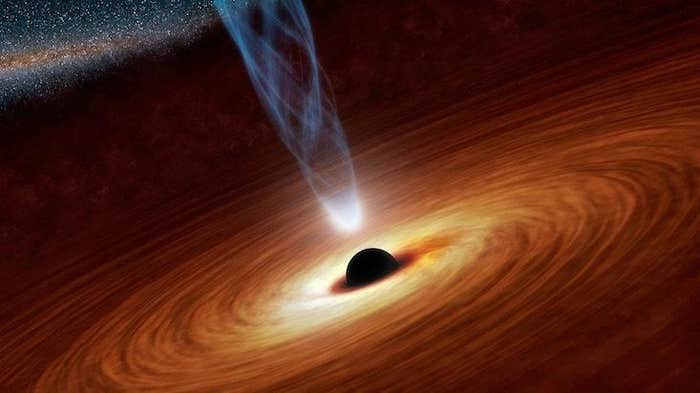
Announcing a Black Hole Essay Competition from Harvard
The $10,000 First Prize will include the opportunity to publish the winning article in Nautilus, a leading online and print magazine that blends science, culture, and philosophy. Nautilus Members enjoy an ad-free experience. Log in or Join now . The Black Hole Initiative (BHI) at Harvard University announces the first-ever Black Hole Essay Competition, inviting […]
-
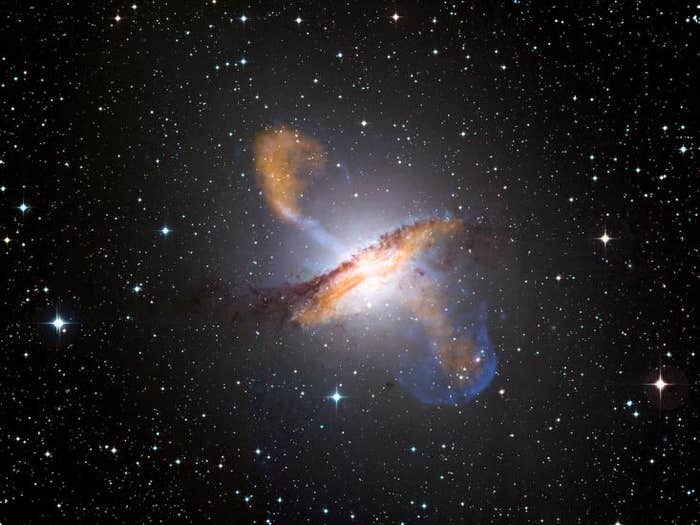
Why It’s Hard to Recognize a Black Hole
Despite having a standard model of an AGN—a supermassive black hole surrounded by an accretion disk with jets streaming out in opposite directions, all encompassed by a dusty torus—making sense of our observations is still a challenge.NASA/CXC/CfA/R.Kraft et al.; MPIfR/ESO/APEX/A.Weiss et al.; ESO/WFI. Nautilus Members enjoy an ad-free experience. Log in or Join now . […]
-

Are Gravitational Wave Detections Becoming Normal?
Nautilus Members enjoy an ad-free experience. Log in or Join now . When I heard the news, I emailed my editor with my immediate reaction: “Bummer.” For the fourth time now, humans have directly detected the collision of two black holes. The violent merger occurred over 2 billion years ago, between black holes with […]
-
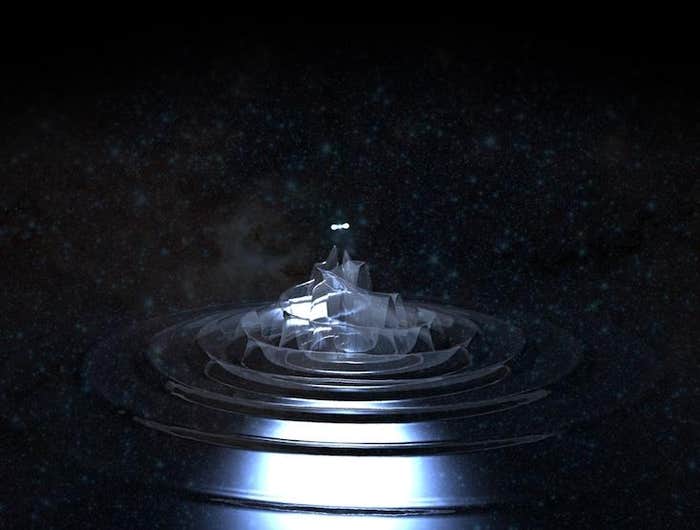
What to Savor about the Discovery of Gravity Waves
What will come with the ability to detect gravitational waves? Nergis Mavalvala can’t wait to find out.Image by LLacertae / Flickr Nautilus Members enjoy an ad-free experience. Log in or Join now . You may have once startled a duck or two after tossing a rock into a pond to watch the water ripple. But […]
-
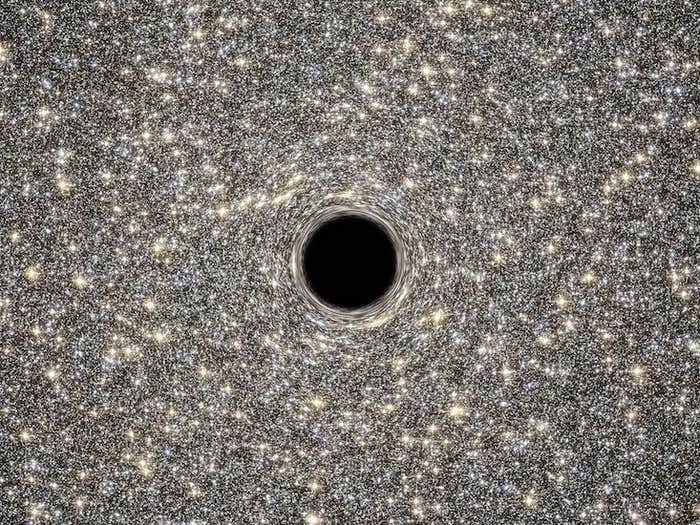
Dark Matter May Be Trapped in All the Black Holes
When, on February the 11th, 2016, the spokesperson for the Advanced Laser Interferometric Gravitational Wave Observer, or aLIGO, for short, announced the discovery of gravitational waves, I was stunned. For sure, we expected aLIGO to, at some point, give us something interesting, but we thought it would be tentative. We expected that the project would, […]
-

Why It’s Hard for Black Holes to Get Together
The universe’s greatest sinkholes have no trouble swallowing anything—except themselves.
-
Why “Hawking Radiation” Was Almost “Feynman Radiation”
Nautilus’ Ingenious this month, Alan Lightman, is a successful writer and physicist, and one of the very rare people to receive an appointment in both science and humanities at MIT*. He did his doctoral research at Caltech while Richard Feynman was a professor there. One day, Lightman was on hand to see the brilliant and […] -
“White Holes” Could Exist—But That Doesn’t Mean They Do
Nautilus Members enjoy an ad-free experience. Log in or Join now . A black hole is a one-way door to oblivion. According to general relativity, once anything crosses its boundary—the event horizon—it cannot return to the outside. For that particle, the black hole is the entire future.We’ll never actually get a chance to see […] -
The Ends of Time, in Art and Science
In Gallery 919, in New York’s Metropolitan Museum of Art, there is a giant breathing machine. Its creator, William Kentridge, calls it “the elephant,” after Charles Dickens’s description of factory machines that move “monotonously up and down, like the head of an elephant in a state of melancholy madness.” On the walls surrounding the elephant […] -
Infinite Garbage Can
Can information ever be rescued from inside a black hole?















